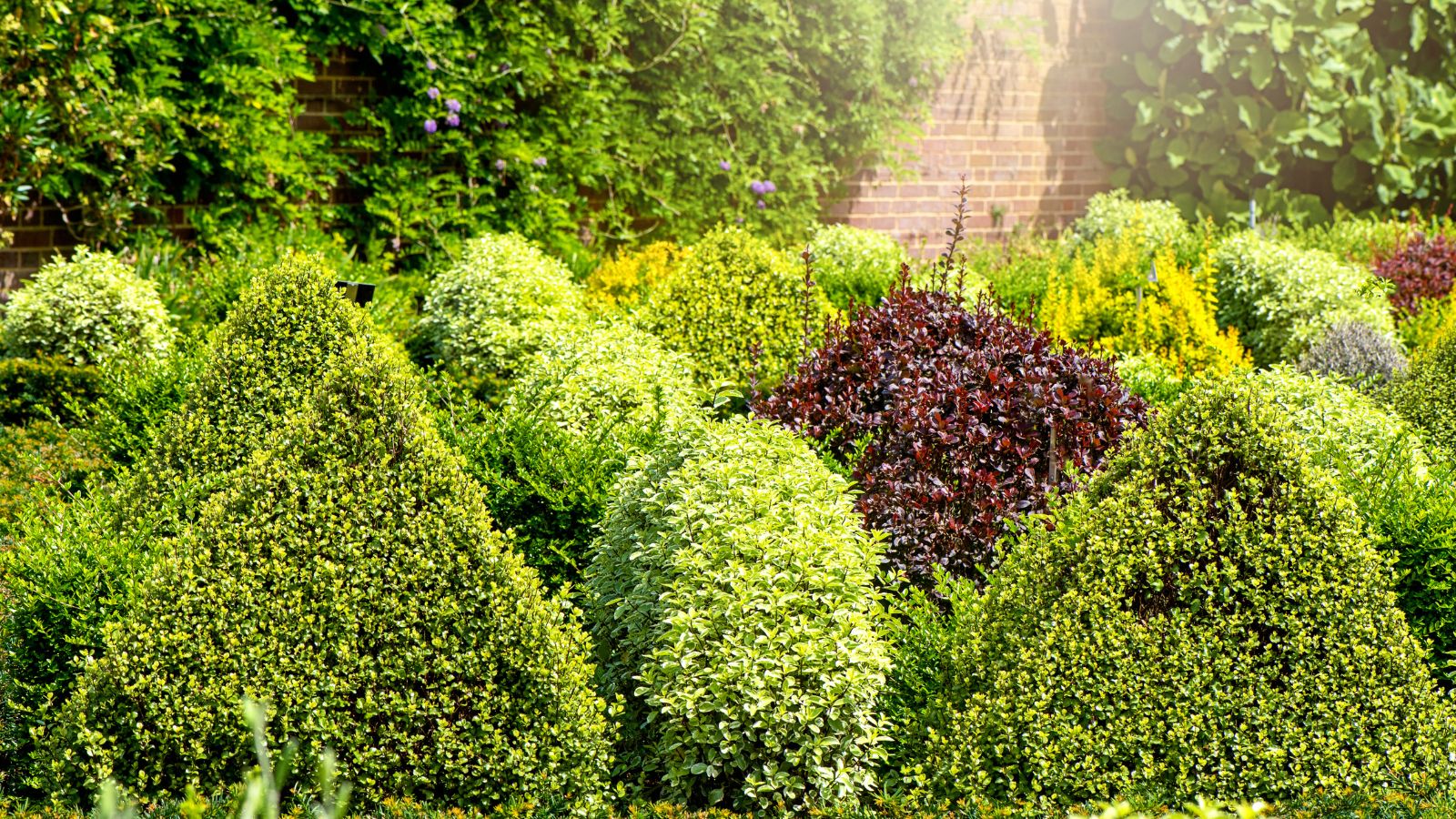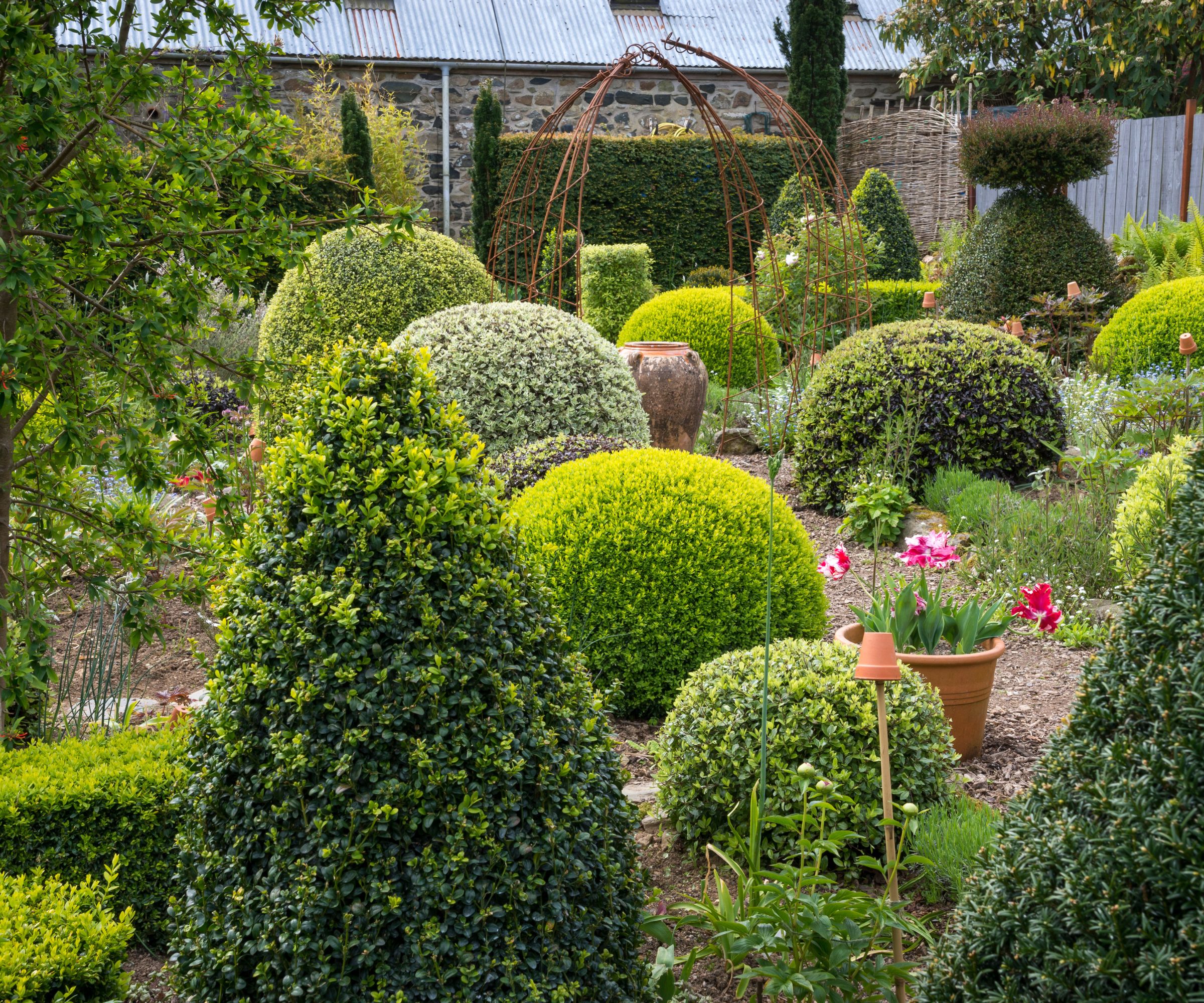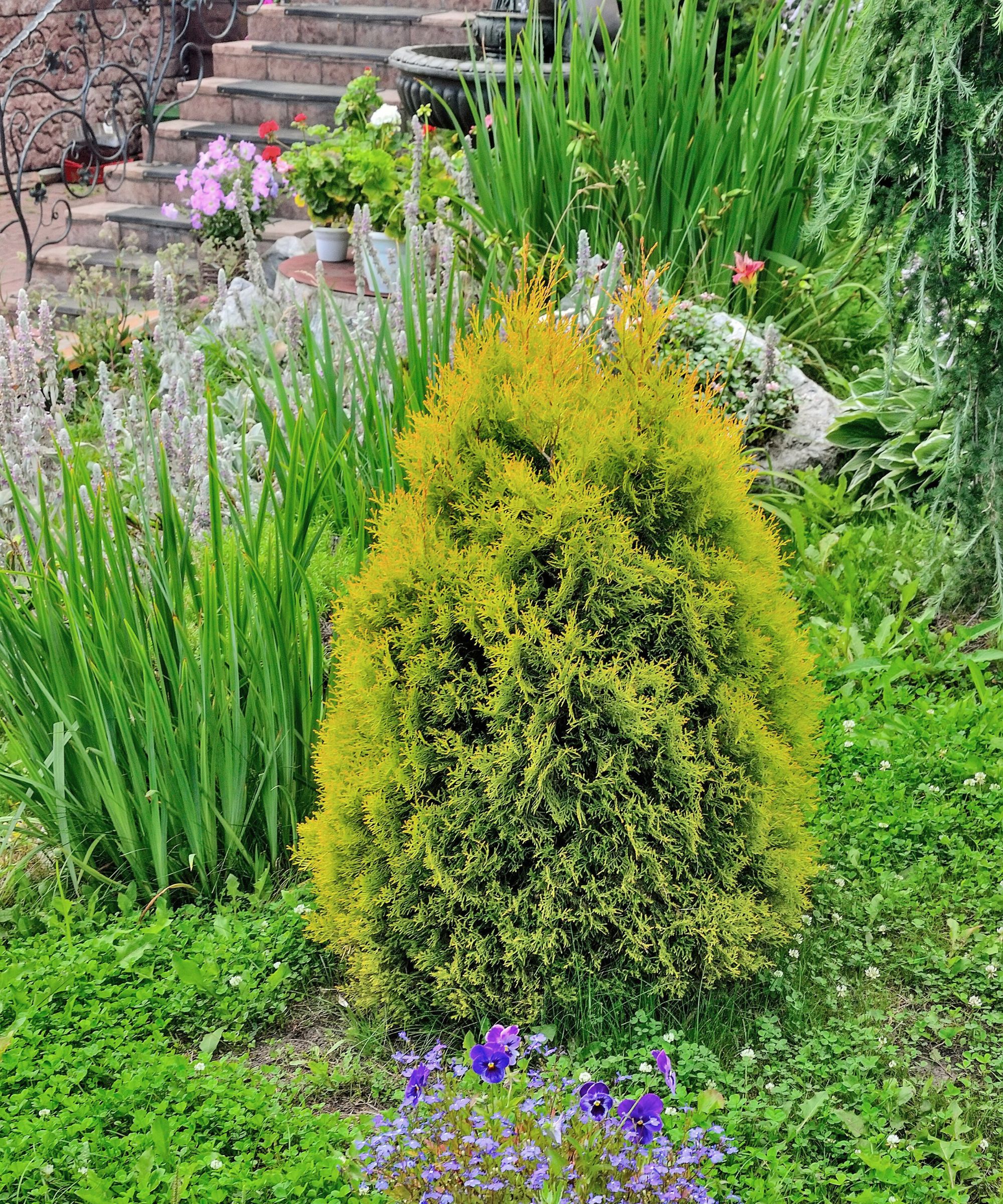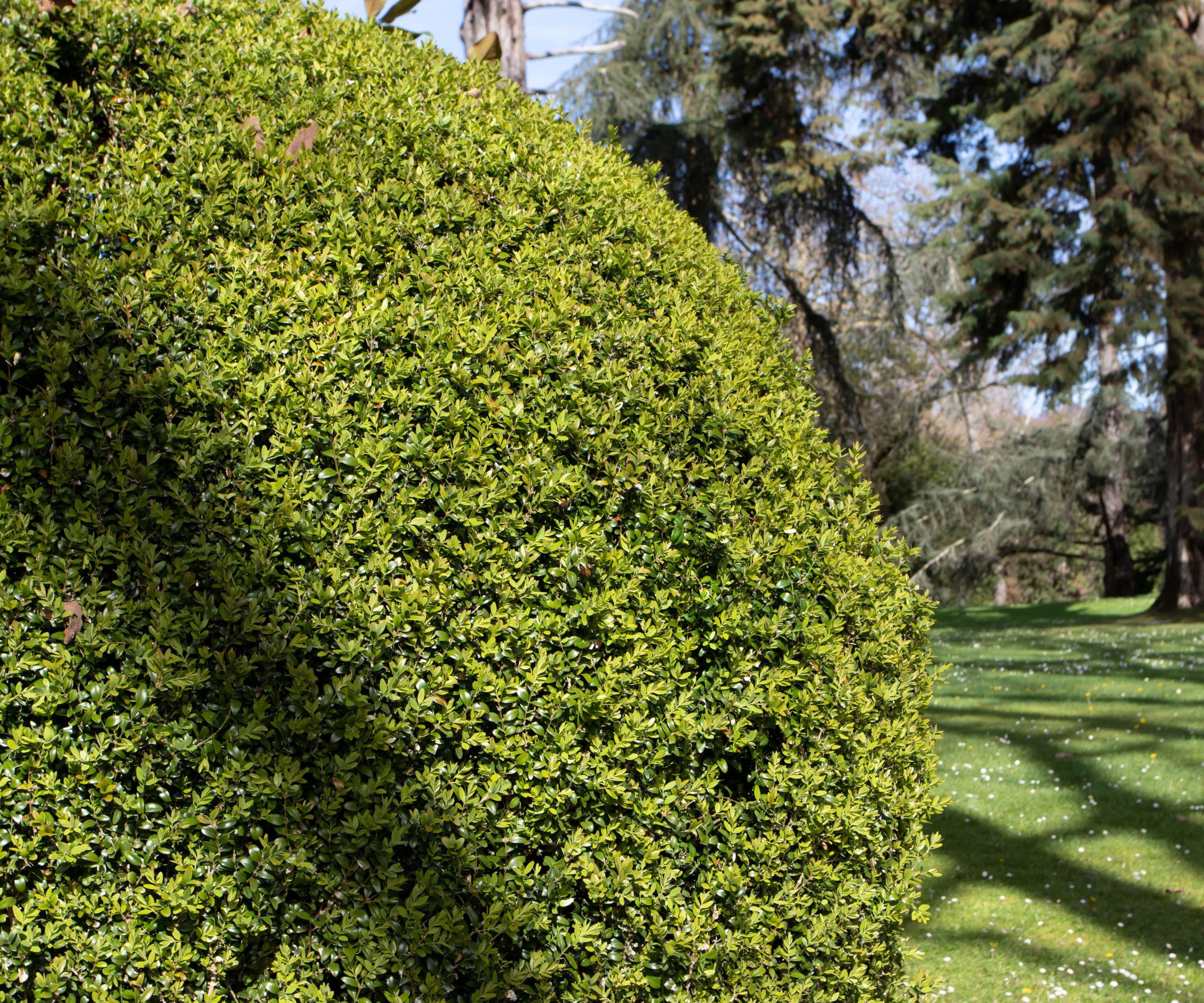When to fertilize evergreens – for immaculate greenery year after year
Keep your evergreens green and thriving with this expert fertilization advice


Design expertise in your inbox – from inspiring decorating ideas and beautiful celebrity homes to practical gardening advice and shopping round-ups.
You are now subscribed
Your newsletter sign-up was successful
Want to add more newsletters?

Twice a week
Homes&Gardens
The ultimate interior design resource from the world's leading experts - discover inspiring decorating ideas, color scheming know-how, garden inspiration and shopping expertise.

Once a week
In The Loop from Next In Design
Members of the Next in Design Circle will receive In the Loop, our weekly email filled with trade news, names to know and spotlight moments. Together we’re building a brighter design future.

Twice a week
Cucina
Whether you’re passionate about hosting exquisite dinners, experimenting with culinary trends, or perfecting your kitchen's design with timeless elegance and innovative functionality, this newsletter is here to inspire
Evergreen trees and shrubs are generally easy plants to care for, but their constantly green appearance can lead gardeners into a false belief that they do not require as much care as other plants in your yard.
On the contrary: knowing when to fertilize evergreens can help to keep your plants greener for longer and support further growth year on year.
Even the best evergreen shrubs need fertilizer to maintain their flourishing appearance. In fact, the prettiest evergreen plants often maintain their lush appearance due to adequate nourishment and tender care.
We have collated top expert advice on when to fertilize evergreen shrubs and plants so that you can continue to care for this long-lasting foliage.
When to fertilize evergreens

‘There are a few key signs to look for when it comes to knowing when to fertilize your evergreen plants,’ says Rachel Crow, garden editor for Homes & Gardens. ‘When landscaping with evergreens, keep an eye out for uncharacteristically slow growth and needles losing color and turning brown or yellow. These are tell-tale signs that your plant could do with a boost from fertilizer.’
While poor growth is not always a sign of low nutrients, it is a sure sign that your shrubs, evergreen trees for gardens, or best evergreen climbers are suffering high amounts of stress.
‘Heavily compacted soil, disease, and weeds, as well as freezing or scorching weather, can also cause similar symptoms,’ Rachel says. ‘Knowing what it is causing your plants' discoloration and growth loss can be difficult, but in the absence of obvious pests, temperate weather, or well-tilled soil, adding fertilizer is the best place to start in trying to combat your plants' problems.’
Design expertise in your inbox – from inspiring decorating ideas and beautiful celebrity homes to practical gardening advice and shopping round-ups.
If you have recently replanted your evergreen plant, or moved it around, adding a slow-release fertilizer is a good idea as the roots re-establish themselves and repair the plant from any damage suffered during the move.
‘If you want to add fertilizer to your plant to prevent illness or disease, springtime is the ideal period to do so,’ Rachel says. ‘This gives the plants enough time to absorb the nutrients and reap the benefits of the fertilizer for its growth over spring and summer. Leave fertilizing until much later in summer and the fertilizer will have little effect,’ she warns.
‘Also avoid fertilizing your evergreens during a drought or period of excessively dry weather,’ Rachel continues, ‘as this can make it more difficult to absorb water and ultimately kill the plant for good.’
Which fertilizer to use for evergreens?

‘When fertilizing evergreens, it is best to use a product that is higher in nitrogen than phosphorous or potassium,’ recommends Rachel. ‘Evergreens respond more quickly to nitrogen-based fertilizer than they do other nutrients such as those provided by using eggs in the garden or using banana peels as fertilizer.
How to apply fertilizer to evergreens

There are two main ways to add fertilizer to an evergreen plant. Firstly, the most common way is to spread the fertilizer across the topsoil before watering in well, much like fertilizing a lawn.
The alternative option is to incorporate the fertilizer into the existing soil by digging holes and placing the fertilizer within. Poke holes approximately two inches in diameter and eight to 12 inches deep around two feet apart staring at the base of the plant and working outwards in circles until the edge of the shrub or tree coverage. Fill each hole equally with fertilizer and water thoroughly.
Can you fertilize evergreens in the winter?
Fertilizing evergreens in the winter can help to prepare them for growth in the following spring as well as provide them with enough nutrients to survive the winter and remain green. Fertilize your evergreen just as it is preparing to enter dormancy for the winter period.
Are coffee grounds good for evergreens?
Are coffee grounds good for plants? Using coffee grounds as fertilizer is a common home hack for adding nutrients to a range of garden plants including evergreens. It is best to use fresh coffee grounds of high quality to provide nitrogen for the soil.

Chiana is Homes & Gardens’ kitchen appliances editor. With a lifelong passion for cooking and baking, she grew up experimenting in the kitchen every weekend with her baking-extraordinaire Mom, and has developed a great understanding of how tools and appliances can make or break your ideal relaxing kitchen routine.